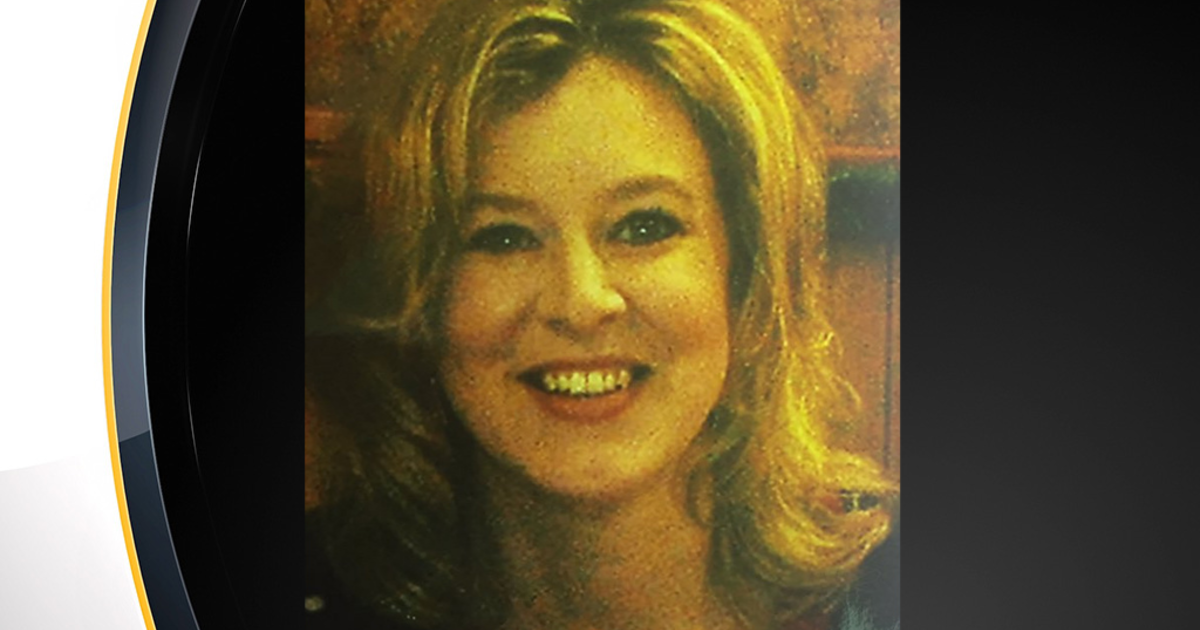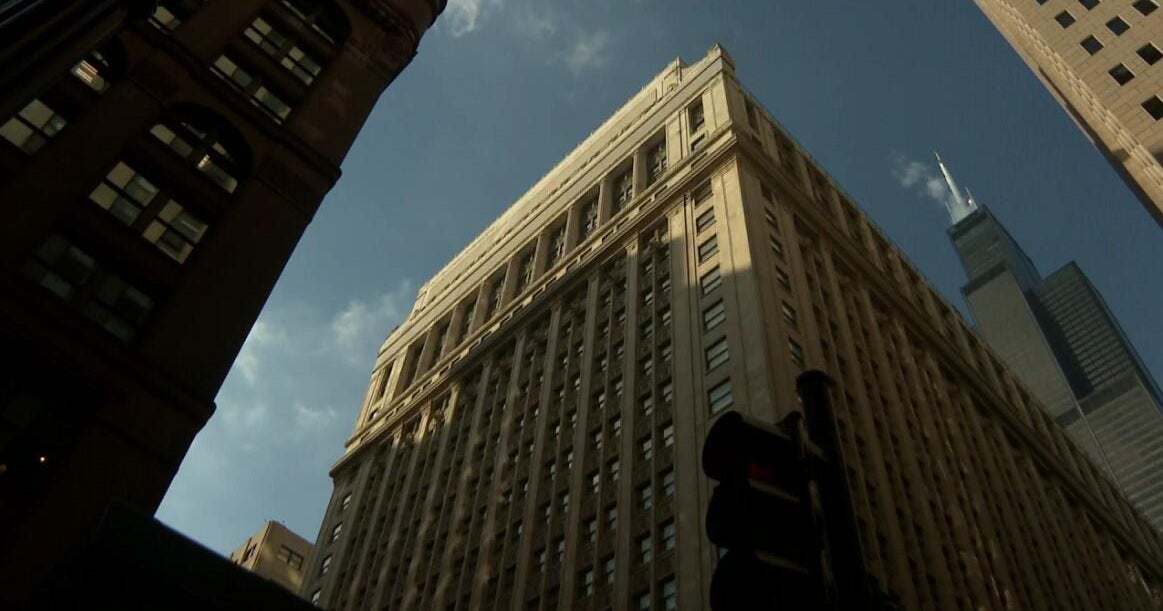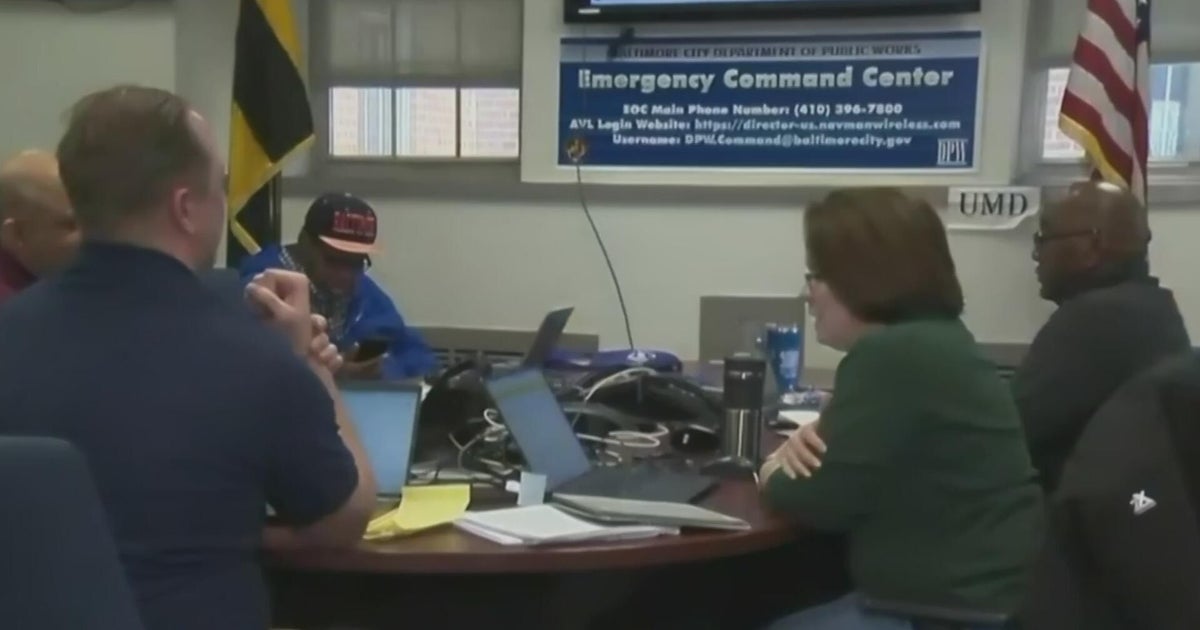Good Question: What Makes A Speech Timeless?
MINNEAPOLIS (WCCO) -- Fifty years ago today, Martin Luther King, Jr. gave a speech that's still considered one the greatest of all time.
Many Americans can still recite passages from his words or the words of FDR, Winston Churchill, JFK, President Reagan and President Obama.
So what makes a speech stand the test of time?
"It's not just the words," said University of St. Thomas communications professor Kevin Sauter. "It's the words, it's the timing, it's the place, it's the person."
Sauter says there are three factors that can determine the power of a speech. The first factor is if it happened at an important time in history (ex. Abraham Lincoln's Gettysburg Address). Second, if the speech caused some sort of effect (ex. Reagan's Berlin Wall speech). Third, if they contained some sort of elegant rhetoric (ex. King's "I Have a Dream").
Some believe the power of speech has to do entirely with who is giving it.
"I think it has all to do with the speaker, how much passion they have behind the words," said Emily Grossman of Maple Grove.
But Sauter thinks it has less to do with the actual person, but more their platform or the attention they get.
"But you can also have a Ryan White, the young man who died of AIDS," he said. "He was not a famous person, yet he gave a famous speech."
Sauter says there is something about a person's delivery. He cites the sincerity and the grasping of the moment at King's "I Have a Dream" because King ad-libbed the entire second half of the speech.
He also believes the media, academia and schools shape how we decide if a speech is timeless.







